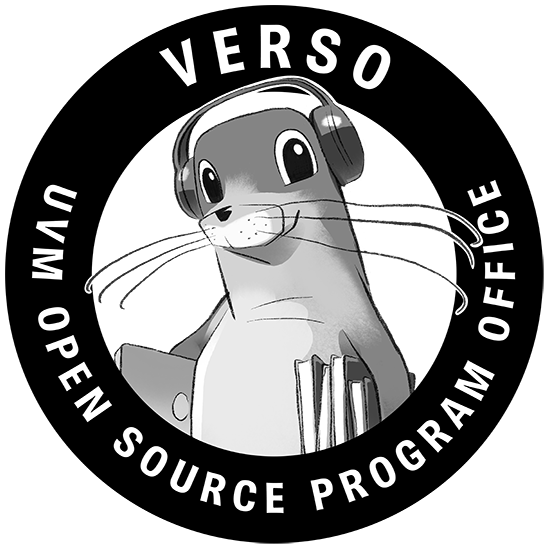
VERSO will train and empower students and researchers to participate in open-source projects, focusing on topics like drone technology, agriculture, health, and interlibrary lending. Additionally, VERSO collaborates with UVM’s Office of Engagement and UVM Extension, working with governmental agencies, business, and nonprofit partners across Vermont to connect faculty and community interests. By addressing real-world needs with technological solutions, VERSO will facilitate cross-disciplinary, open-source initiatives that contribute to both the university’s research and the broader Vermont community.
Our Team
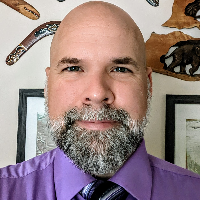
Kendall Fortney
Director
Kendall Fortney is the Program Director of the Vermont Research Open Source Program Office (VERSO) at the University of Vermont, where he works with faculty, staff, students, and the local community to advance the open-source ecosystem. Through the Open Research Community Accelerator (ORCA) program, Kendall leads efforts to foster innovation, research, and community engagement via student-led open-source projects. Previously, Kendall served as the inaugural Fellow at the Vermont Center for Geographic Information (VCGI), playing a pivotal role in the state's geospatial and data science initiatives. He has also been a key organizer of the Burlington Data Scientist Meetup and the Open Source Connector, and led both GeoDatSci 2018, a conference focused on geospatial technology and data science, and PyData Vermont 2024, which centered on research data and open-source data science. Kendall’s deep commitment to open-source and community-driven technology continues to shape Vermont’s technology landscape.
Advisory Group
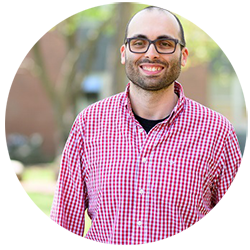
James Bagrow
VERSO Senior Personnel, Vermont Complex Systems Center, Mathematics and Statistics, UVM

Corine Farewell
VERSO Key Personnel, UVM Tech Transfer, UVM

Bryn Geffert
VERSO Senior Personnel Co-PI, Dean of Libraries, UVM
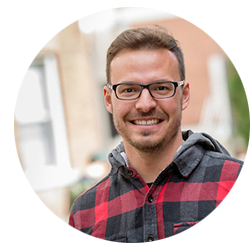
Laurent Hebert-Dufresne
VERSO Senior Personnel, Vermont Complex Systems Center, CS, UVM
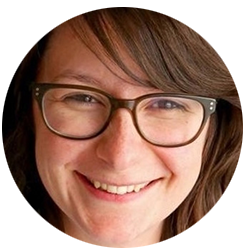
Juniper Lovato
VERSO Principal Investigator, Research Assistant Professor of Computer Science, UVM
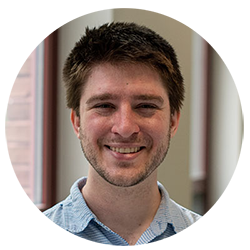
John Meluso
VERSO Postdoctoral Fellow for Systems, Organizations, & Inclusion, Vermont Complex Systems Center, UVM
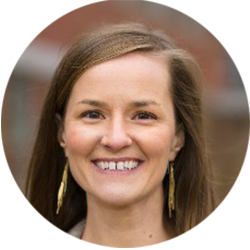
Meredith Niles
VERSO Key Personnels, Vermont Complex Systems Center, Food Sciences, UVM
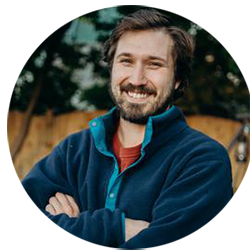
Jonathan St-Onge
VERSO PhD Fellow, Vermont Complex Systems Center, UVM
Our Supporters
VERSO is generously supported by the Alfred P. Sloan Foundation grant number: G-2021-16956 and G-2024-22498, and through the The Science of Online Corpora, Knowledge, and Stories (SOCKS) NSF EPSCoR grant.
Jobs
There are no open positions at this time
Volunteer
We would love to have you as a volunteer for the VERSO Program. There are a variety of opportunities, from helping run events, assisting projects, helping other as a mentor, etc.
